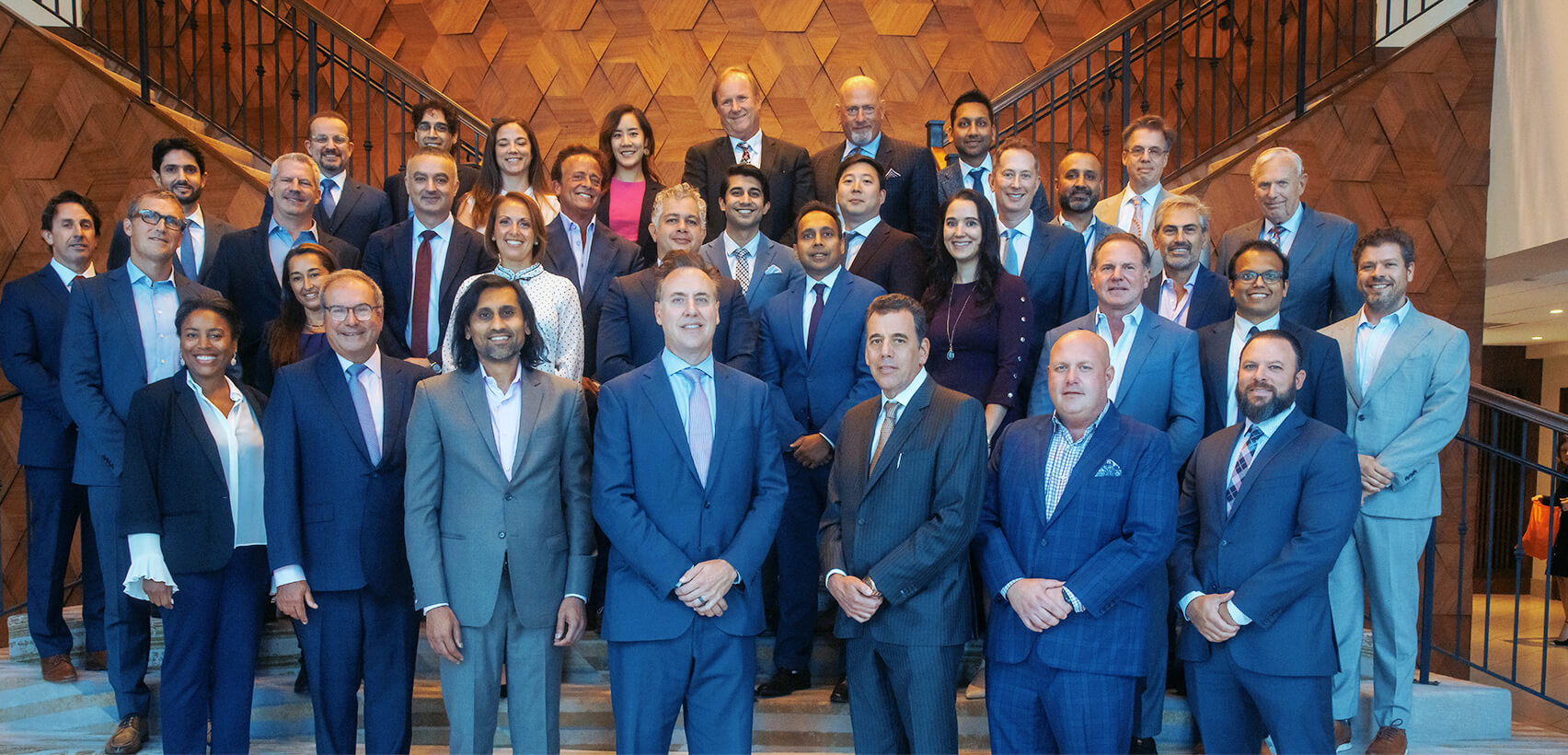Cleft Palate and Cleft Lip in Babies: A Guide for Parents

Discovering that your baby has a cleft lip or cleft palate can be an emotional and overwhelming experience for any parent. “It’s natural to feel a mix of fear, concern, and confusion as you navigate this diagnosis,” assures Dr. Reza Jarrahy, FACS, a board certified plastic surgeon at The Plastic Surgery Center.
However, if your baby has cleft lip or palate, you’re not alone — cleft lip and palate are actually among the most common congenital conditions, affecting approximately 1 in 700 babies worldwide.
While the diagnosis may seem daunting, it’s essential to know that specialized surgical treatments can repair these conditions, allowing your child to eat, speak, and grow normally. With the help of compassionate medical professionals and advanced care, you can feel hopeful about your baby’s journey toward a happy, healthy life.
What is a Cleft Palate and Cleft Lip?
Cleft lip and palate are congenital conditions that occur when tissues in a baby’s face and mouth do not fuse properly during early pregnancy, typically between the fourth and ninth weeks of gestation. A cleft lip is a split or separation in the upper lip, ranging from a small notch to a larger opening extending into the nose.
A cleft palate, on the other hand, is an opening in the roof of the mouth that may affect the hard palate, soft palate, or both. Some babies may have both conditions, resulting in more complex challenges involving feeding, speech, and hearing.
The causes of these conditions are not always clear, but a combination of genetic and environmental factors is believed to play a role. A family history of clefts, maternal health issues, nutritional deficiencies, and exposure to certain substances during pregnancy, such as alcohol or tobacco, can also increase the risk.
How Does This Condition Affect My Baby?
“Babies born with cleft lip or palate may face challenges with feeding, as they may struggle to create the suction needed to nurse or bottle-feed,” Dr. Jarrahy explains. Issues with speech and hearing development, ear infections, and dental issues can also occur, particularly in cleft palate cases.
It’s normal for parents to also worry about their baby’s appearance or social challenges, but both conditions can be corrected through specialized surgical care. With modern treatments, most children go on to lead healthy, active lives with minimal visible scarring, giving families renewed hope and reassurance.
What Treatment Options Are Available?
Knowing the surgical procedures available can be reassuring if your child has a cleft lip or palate. Cleft lip repair surgery is typically performed when the baby is around 3 to 6 months old. This procedure involves closing the gap in the lip, reconstructing the muscles, and sometimes, reshaping the nose.
For cleft palate, palatoplasty is generally done between 9 and 18 months of age to close the opening in the roof of the mouth, improving feeding, speech, and oral function.
For either surgery, the recovery phase is key, and parents must follow specific instructions regarding feeding, wound care, and activity restrictions to ensure proper healing.
In some cases, additional procedures following a cleft lip repair surgery or palatoplasty may be needed down the line. These can include:
- Alveolar Bone Graft: Performed when the child is older, usually around 6 to 10 years, to close gaps in the upper gum and support proper tooth development.
- Fistula Repair: Addresses small openings that may persist or reopen after initial cleft palate surgery.
- Tip Rhinoplasty: Focuses on refining the shape of the nose, often done in later childhood or adolescence.
- Orthognathic Surgery: Corrects jaw misalignments that may arise as the child grows, typically performed in the teenage years.
Of course, follow-up care is essential to ensure optimal outcomes. A multidisciplinary team, including surgeons, speech therapists, orthodontists, and pediatricians, will monitor the child’s progress and recommend any additional interventions.
Preparing for Surgery and Recovery: Contact Us Today
Parents can expect a thorough consultation before cleft repair surgery to discuss the procedure, timeline, and post-operative care plan. “We understand how parents must feel,” Dr. Jarrahy assures, “so we do everything we can to ensure parents feel comfortable and prepared.”
If your baby has a cleft lip or cleft palate, take the first step in your baby’s surgery and recovery today. Schedule a consultation with our team at The Plastic Surgery Center.
Call 877-245-1789 to book an appointment with Dr. Jarrahy.
Most Recent:
Subscribe to Updates Here
Awards, Certificates, & Associations

